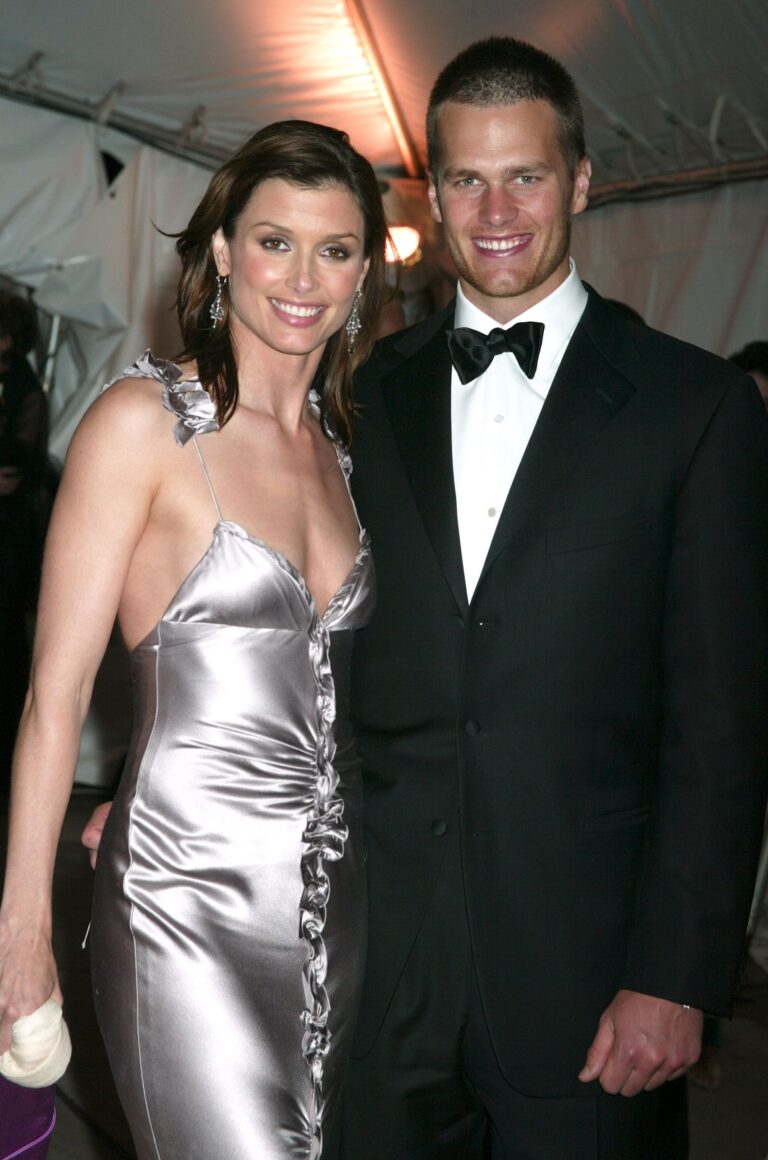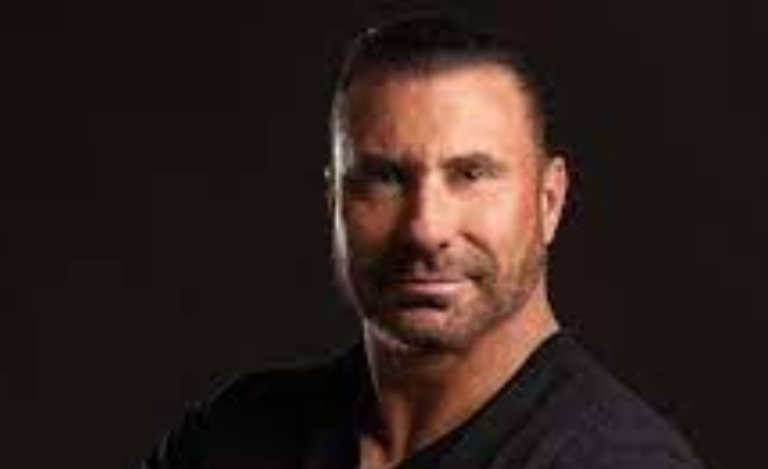WatchmenontheAll Calvin: A Deep Dive into Justice and Morality
In an era where the concepts of justice and morality are often subject to interpretation, WatchmenontheAll Calvin emerges as a literary work that forces us to confront our own beliefs and question the societal structures we live within. This narrative, rich with complex characters and thought-provoking dilemmas, provides readers with an engaging opportunity to reflect on the very nature of right and wrong. If you’re someone who loves stories that make you think deeply about the world around you, WatchmenontheAll Calvin is sure to be a captivating read.
The Story
At its core, WatchmenontheAll Calvin is a story about the complexities of morality, justice, and human behavior. The novel introduces a range of protagonists, each with their own motivations, flaws, and strengths. The world they inhabit is one where moral lines are often blurred, making the concept of justice more complicated than it initially appears.
The narrative weaves between various plotlines, each one highlighting a different aspect of moral conflict. Whether it’s a hero struggling with the consequences of their actions or a villain questioning the nature of their own desires, the book provides an in-depth exploration of human choices and their impacts. The themes explored are far-reaching, and they invite readers to reflect on their own actions and beliefs in relation to the world.
Characters
One of the most striking aspects of WatchmenontheAll Calvin is its richly developed characters. These aren’t your typical heroes or villains. Instead, the characters are multidimensional, with motivations and actions that are neither entirely good nor bad. This complexity is what makes the narrative so compelling. The characters are relatable in their flaws and struggles, which creates an emotional connection that draws readers into the story.
The protagonist of the novel, Calvin, is a character who embodies this complexity. He is not an outright hero, nor is he a typical antihero. Instead, he is a man caught in the midst of moral turmoil, trying to navigate a world that often seems beyond his understanding. Calvin’s journey is one of self-discovery, as he grapples with the weight of his decisions and the consequences they bring. His struggles resonate with anyone who has ever faced difficult choices or wondered about the true nature of justice.
Themes of Justice and Morality
At the heart of WatchmenontheAll Calvin are the themes of justice and morality. The novel challenges traditional notions of right and wrong, pushing readers to examine the gray areas that exist between these extremes. It asks the question: is justice truly absolute, or is it shaped by individual perspectives and circumstances?
Through Calvin and other characters, the book explores the idea that justice is not always black and white. It’s often messy, complicated, and subjective. The characters in the story are forced to make difficult choices, many of which blur the lines between good and evil. These decisions are not easily categorized, and the consequences they lead to are far from simple.
By examining justice in this nuanced way, WatchmenontheAll Calvin invites readers to think critically about their own beliefs. How do we define what is just? Is it based on laws, on morality, or on the outcomes of our actions? The novel encourages us to reflect on the complexity of these concepts and consider whether the systems we rely on to determine justice are truly fair and just.
Philosophical Dilemmas
Throughout WatchmenontheAll Calvin, philosophical dilemmas play a significant role. The characters often find themselves in situations where they must choose between conflicting moral values, and their decisions force readers to confront similar questions about their own beliefs.
One of the key dilemmas the book presents is the conflict between personal morality and societal expectations. Calvin, like many of the characters, is torn between doing what he believes is right and conforming to the rules and structures of the society around him. This tension is something that resonates with anyone who has ever faced a situation where doing the right thing may go against the grain of what society expects or demands.
Another major philosophical dilemma explored in the novel is the idea of ends justifying the means. Calvin, at various points in the story, is forced to make difficult choices that involve harm or sacrifice for a greater cause. The book asks whether such decisions can ever be justified or whether they always come with a cost. This moral ambiguity forces readers to question their own views on ethics and the consequences of their actions.
Contemporary Relevance
WatchmenontheAll Calvin is not just a story set in an imagined world; it speaks to the real world we live in. The novel’s exploration of justice, morality, and human behavior reflects many of the issues we face today. In a society where corruption, inequality, and power dynamics often shape our understanding of right and wrong, the book provides a timely reflection on how we navigate these complex systems.
The book also touches on the idea of power and its potential for abuse. The characters in WatchmenontheAll Calvin grapple with questions of authority and control, and whether those in power should be held accountable for their actions. This theme is especially relevant in today’s world, where questions of leadership, responsibility, and accountability are at the forefront of political and social discourse.
Impact on the Reader
Reading WatchmenontheAll Calvin is an experience that leaves a lasting impact. It’s not a book that provides easy answers or clear-cut solutions. Instead, it challenges readers to think deeply about the world around them and their role in shaping it. The philosophical and moral dilemmas presented in the story force readers to confront their own beliefs and question how they approach justice and morality in their own lives.
As readers follow Calvin’s journey, they are forced to examine their own choices and actions. The book invites reflection on personal responsibility, ethical decision-making, and the consequences of our behaviors. In doing so, it encourages readers to become more thoughtful, self-aware individuals who are not afraid to question the status quo.
Conclusion
WatchmenontheAll Calvin is a powerful exploration of justice, morality, and the complexities of human nature. Its richly developed characters, philosophical dilemmas, and timely themes make it a thought-provoking read that challenges our perceptions of right and wrong. As we navigate the gray areas of our own lives, the lessons of the novel resonate deeply, reminding us that justice is not always clear-cut and that our choices have far-reaching consequences.
This novel is a must-read for anyone interested in stories that provoke deep reflection and encourage a more nuanced understanding of the world. WatchmenontheAll Calvin will leave you questioning your own beliefs about justice, morality, and the human experience. So, if you’re ready to dive into a narrative that makes you think critically about the world we live in, this book is an experience you won’t want to miss.






